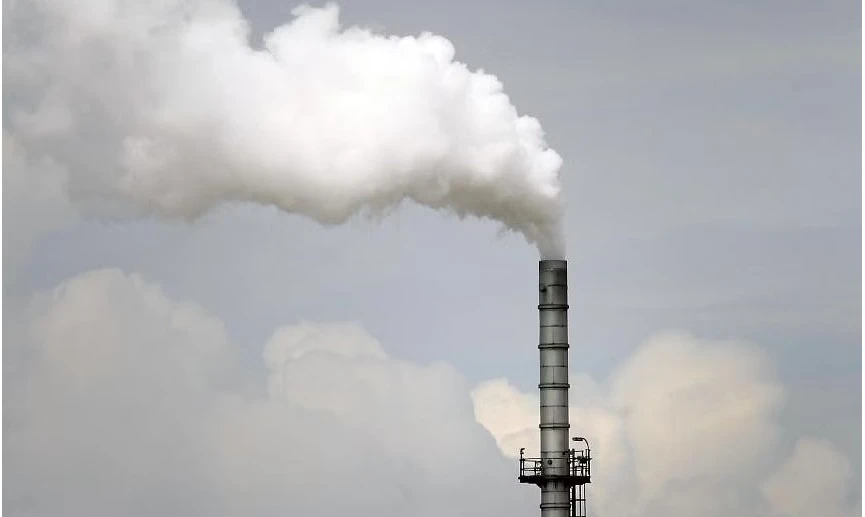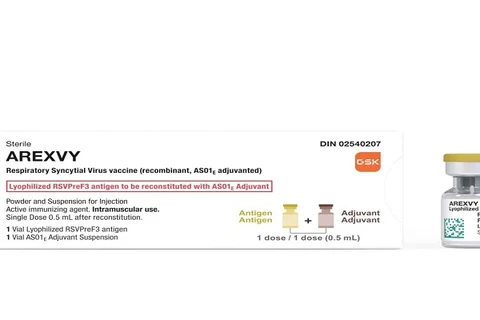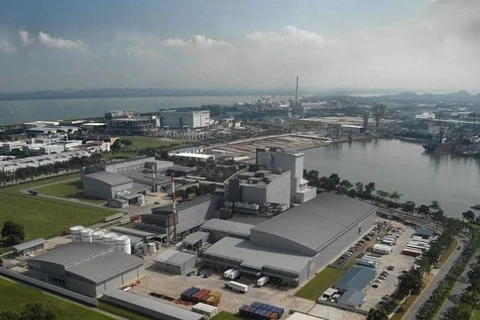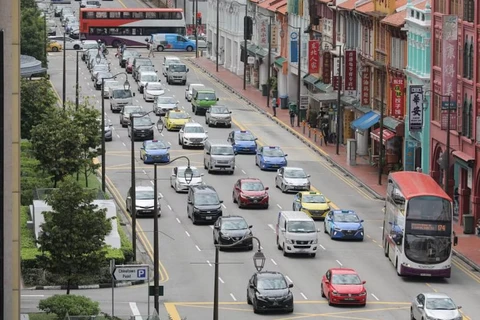
Singapore (VNA) – To help decarbonise Singapore’s energy and industrial sectors, the country has launched a 90 million USD programme to further national research into areas such as hydrogen utilisation and the production of greener chemicals and fuels, like sustainable aviation fuel.
A new programme on “The Create Thematic Programme in Decarbonisation” by the National Research Foundation (NRF) consists of nine research projects, each with a duration of between three and five years.
The research will cover four main domains, including from hydrogen utilisation to hydrogen combustion technologies; green chemistry, such as the sustainable conversion of biomass to chemicals and biofuels; synthetic biology, such as by engineering microbes to convert carbon dioxide into chemicals and biofuels; and chemical transformation, which involves developing net-zero pathways of producing top molecules for pharmaceutical applications.
NRF said the programme will contribute to building Singapore’s capacity in hydrogen utilisation, developing new insights on the combustion behaviours of zero-carbon fuel blends, and building ammonia-ready fuel cells for power generation.
The programme will involve leading investigators from the National University of Singapore (NUS), Nanyang Technological University (NTU), and Create partners such as the University of Cambridge and Shanghai Jiao Tong University, as well as top international experts from Germany’s Max Planck Institute and Japan’s Tohoku University.
Earlier, Singapore launched a National Hydrogen Strategy, which puts the spotlight on the potential use of low-carbon hydrogen to account for around 50% of Singapore’s electricity mix by 2050. By 2030, there will be at least four hydrogen-ready power plants that can run on a blend of natural gas and hydrogen./.






















